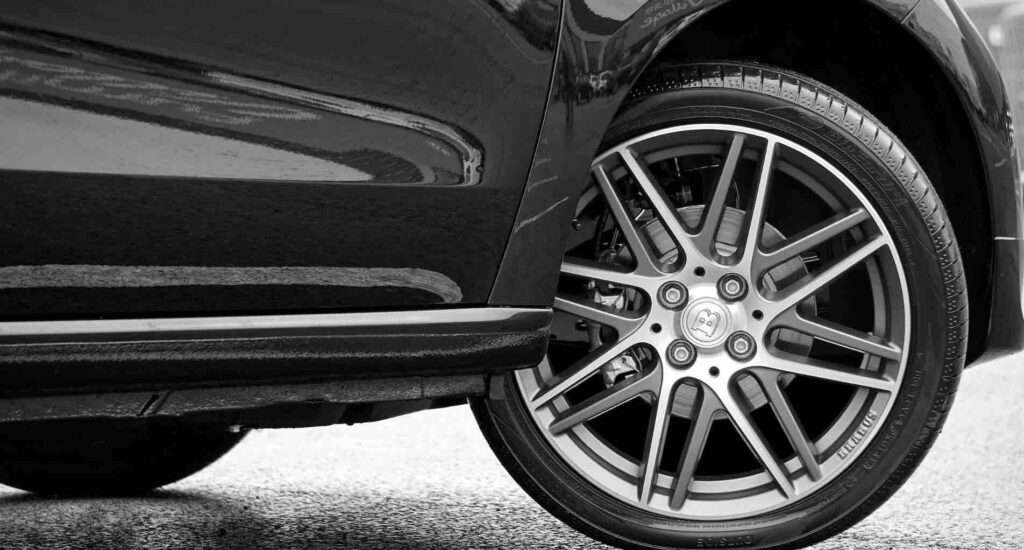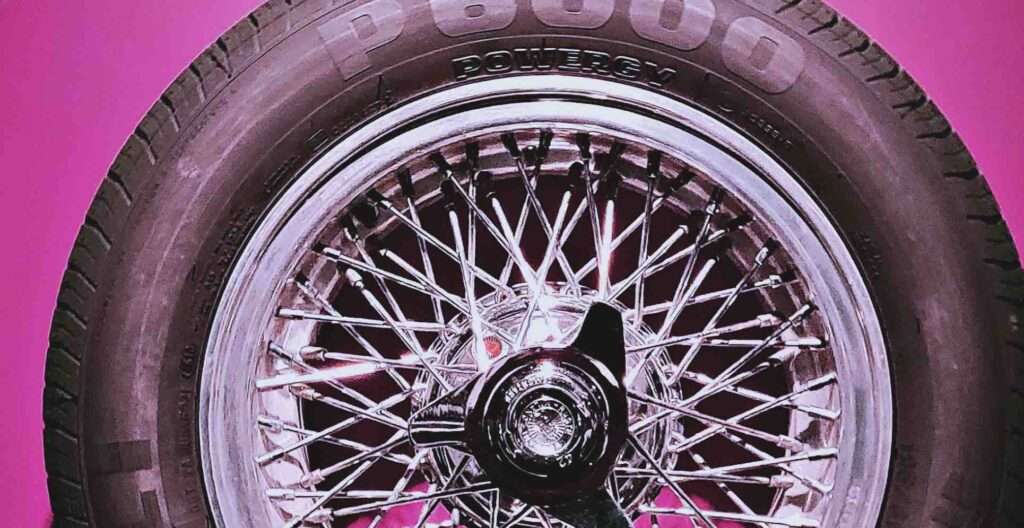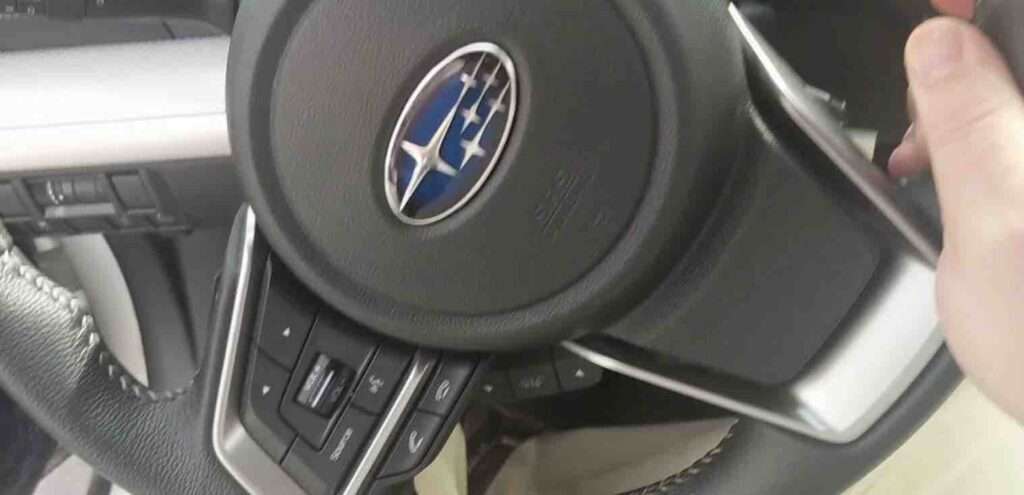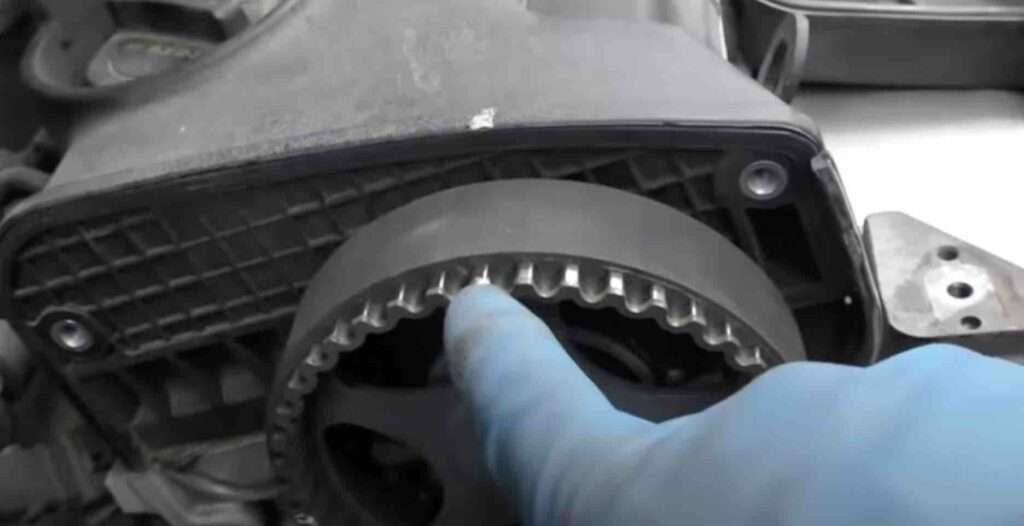Driving safety is the first that comes into every driver’s dictionary. Are you going, and you press on your brakes only to feel pulsating sensation? One of drivers’ and vehicle owners’ most shared experiences and complaints is that they always listen to grinding, squeaking, and scraping sounds while they apply the brake.
Perchance, pulsating brakes or vibrations can be felt in the steering wheel shaking, in the seat as a seat vibration, or even in the brake pedal as a brake pedal pulsation. If you have these pulsating sensations when coming to a stop or braking at low speed, it is evident that the cause of the pulsation noise is terrible or faulty brake rotors.
Moreover, the working mechanism of the braking system is the friction force between the rotors attached to the wheels and the braking pad to reduce the speed rate as your vehicle comes to rest. Though hitting the brake paddle, the hydraulic oil presses the brake pad against the rotors to make the vehicle stop as friction is applied. As regards some defects in the braking system, you might hear pulsating noise when braking at low speed.
In this article, I will explore and also examine these specific contents as; causes of vibration when braking at low speed, what could be the reason for rubbing noise when braking at low speed, what causes new brakes groaning at low speed, creaking noise when braking low speed, and more to help have inculcated into you more safety in your driving time.
Be patient in learning more as a driver or vehicle owner!
Cause of pulsating noise when braking at low speed.
Low-quality or cheap braking pads commonly cause Pulsating Noise When Braking At Low Speeds. Brake pads are made of elements to create the pad bond. So to ensure the best possible braking experience, manufacturers use a specific ratio to ensure no noise during braking. However, cheap aftermarket pads have different precision in choosing the materials of the pad. They try to lower the cost, which leads to lower quality. They not only make loud sounds, but they also rub and scratch the rotors’ surfaces. If you want to replace your brake pads, only use the originals.
Causes Of Vibration When Braking At Low Speed
Observing a vibration or noise when braking at low speed requires you, the driver, to find the source of the pulse. However, the vibration or noise could be an alert for danger. In this part, I will detail the causes of vibration when braking at low speed.
· Worn-Out Braking Pads
Although, the braking pads are a mixture of graphite, copper, and iron. When the brake pads rub on the rotors, they wear out due to friction. So, you would begin to feel the sensation of vibration, and noise, like creaking when braking at low speed. To avoid harming other essential parts of the braking system, I suggest you change them immediately.
· Low-Quality Braking Pads
As stated earlier, the brake pad is a mixture of three substances, so when they are not a proper mixture regarding their standard ratio, they become sub-standard and tend to wear out quickly. These less or low-quality braking pads produce noise and cause heavy vibrations as they rub and scrape the surface of the rotors, making them ineffective.
· Broken Or Faulty Shims
Brake shims are thin metal adhesives or rubber that fit in or fill the gaps between the brake caliper and pad to avoid noise or vibration.
So, if the shims are worn-out, there will be much friction as regards the metal-to-metal contact. Hence, you could notice much noise and vibration.
· Parking Your Vehicle For Too Long
When you might have parked your car for too long, the air full of water vapor could form rust layers on the rotors, resulting in corrosion and affecting the braking system.
· Unlubricated Calipers Screws
Rusting could lead to vibration or noise without lubrication on the caliper, screws, and bolts.
· Worn-Out Rotor Disc
The wearing of the rotor disc would have been from the faulty or worn-out brake pads, low-quality brake pads, and deflection of the surface of the rotor to cold water. So, you should avoid these issues to enable the braking system to be more effective.
· Alignment Or Suspension Problems
Perchance your car is out of alignment, and it will produce a brake shudder (vibration) when you intend to engage the brake pedal. So, the poor alignment would cause wear and tear on some vital suspension components such as; tie rods, ball joints, and wheel bearings. Always contact your certified mechanics at regular intervals to prevent alignment issues.
· Faulty Flex Hose
The effectiveness of the brake line hose cannot be over-emphasized. Although it supplies brake fluid to the caliper, it may collapse, wear, tear, or even twist if installed inaccurately. However, any disruption to the brake fluid flow could cause braking system failure, noise, and vibration.
What Could Be The Reason For Rubbing Noise When Braking At Low Speed?
Some noises from underneath your car are sometimes mistaken to be brake noises. Thus, this is because these noises happen when you apply the brakes. Hence, the reason for the rubbing noise if you brake at low speed is due to the following factors such as;
- Your car engine is not getting enough air. That said, it can be due to dirty air filters which have blocked the air intake. So, you should do a thorough cleaning to remove the dirt.
- The engine is running too hot. When your vehicle has a faulty cooling system or the engine is not correctly tuned. Then, you might be able to hear rubbing noise.
- If the fluid doesn’t flow because of dirt or worn-out gears, your vehicle will likely have transmission problems which will cause rubbing noise.
What Causes New Brakes Groaning At Low Speed?
If your new brakes groan at low speed or are not faulty, your suspensions are typically the problem. Although, the suspension parts, such as the control arm bushings, the sway bar links, and the ball joints, are moving down when you are at low speed. Perchance, if any of these parts are faulty, they could cause your vehicle to groan. To avoid your car making a groaning noise, check your suspension components regularly.
Why Is There A Grinding Noise When Braking But Pads Are Fine?
Suppose you notice that your vehicle brakes are grinding when your pads are fine while braking; you should quickly take it to a mechanic who will diagnose your vehicle to know the actual cause. Hence, a grinding noise when braking, but the pads are fine, would be a transmission issue, or it could be due to low quality in the material made up of brake pads.
Creaking Noise When Braking Low Speed
Hearing a creaking or squeaking noise when braking at low speed, perchance, could be due to several factors. Firstly, the brake pads are not functioning because of faulty/terrible shocks or tires. The squeak is easy to find and fix if it is high-frequency creaking/squeaking noise. Though so many brake pads have an indicator, that is, a piece of metal connected to the back of the shim, perchance the metal piece protrudes about 2mm past the backing plate. If the brake pad wears out past 3mm, the shim will contact the rotor, producing a high-pitched squeaking/creaking noise. Similarly, the pad vibrates against the rotor if the noise is low-frequency creaking. Thus, this noise is somewhat prevalent in semi-metallic pads.
Secondly, it could be that the engine components are faulty or the engine needs lubrication.
Noise When Braking At Low-Speed New Brakes
If you have new brakes and you’re braking at a lower speed, you hear a noise; that could result from low quality or faulty composition of the ratios of the constituent components in the brake pads. It would be best if you were careful to buy quality brakes that would last long without causing noise after a few days or weeks of purchase and installation.
Similarly, improper installation of the new brake pads could also be a severe issue. I recommend you get a professional for proper installation.
Conclusion
Finally, pulsating noise would come if your brake pedal is pressed (low speed) and the brakes are also hot. Although the pulsating noise is mainly an issue with the brake rotor, perchance your vehicle could appear to be shaking the steering wheel or having a low and high pitch squealing noise.
Notwithstanding, you now know various noises, their causes, how to identify or diagnose them and proffer solutions to these strange noises. However, it could save you money as you carefully catch up with these brake-related noise signs in the long run.
So far, I recommend you contact a certified mechanic if you notice an unusual noise when you brake at a low speed. Remember, your safety is very crucial as you have a good ride. Do like and share this article with others! Related Article: How to tighten a hose clamp

Uchenna is a Radiographer and Auto parts mechanic who recently got his automotive diploma as an auto repair technician, and since then, has worked on fixing various car problems.
Working as just a radiographer, Uchenna didn’t just get all the fulfillment he desired, because he truly loved doing things tilted toward cars. As a kid, he would take apart his toy cars to see how they worked and would spend hours tinkering with his bike.
So, in 2017 he made the tough decision to become an auto mechanic. He threw himself into his studies and now loves every aspect of what he does.
He gets to work with his hands, solving problems and bringing cars back to life, and sharing his knowledge and easy quick-fix guide online are all part of what makes him feel fulfilled.




